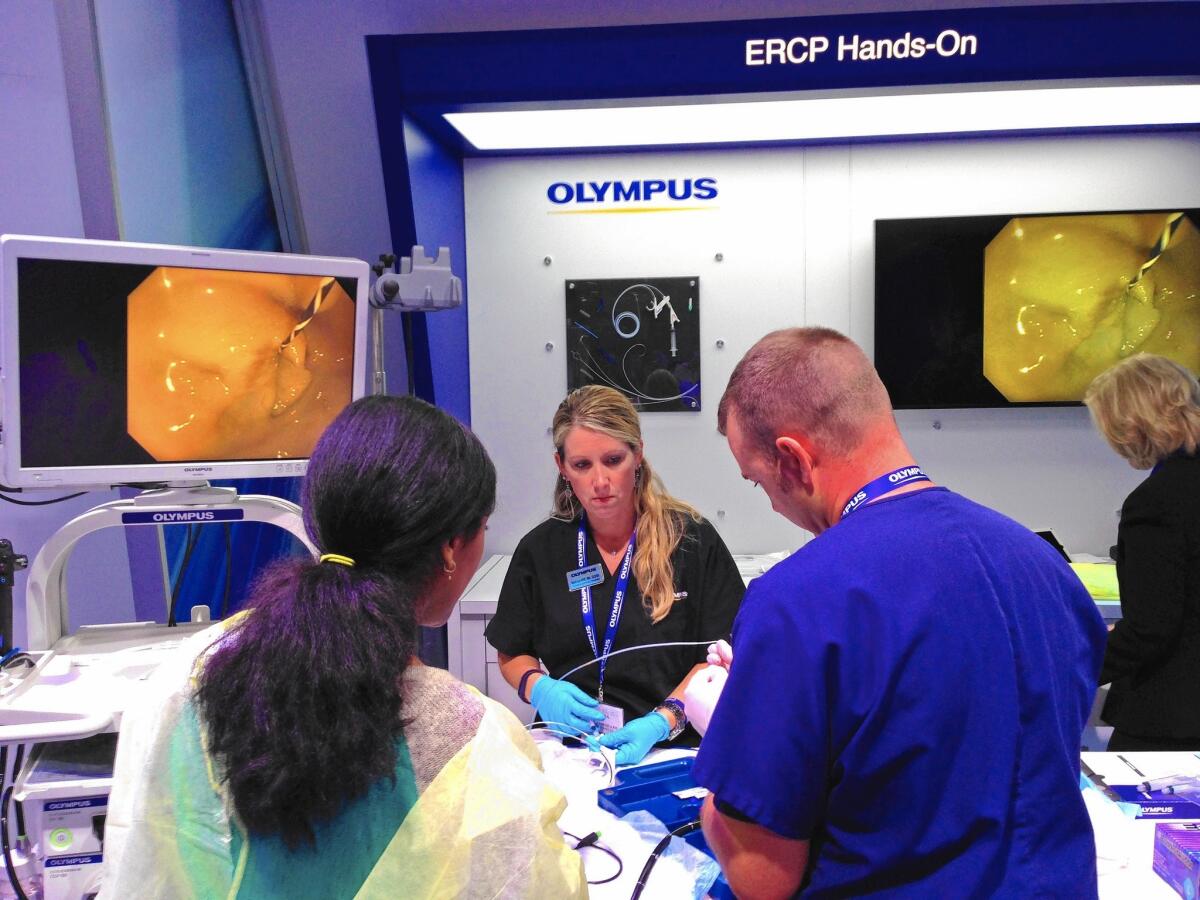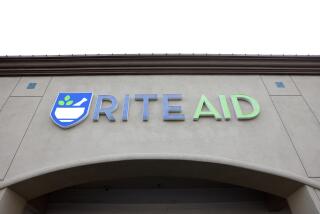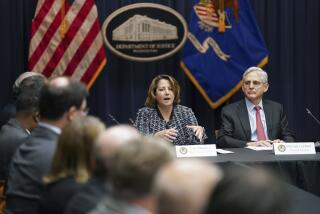Scope maker Olympus expects to settle U.S. claims over marketing

The manufacturer of endoscopes at the center of a string of deadly superbug outbreaks has set aside nearly $450 million for an expected settlement of a U.S. investigation into its marketing of medical products.
Olympus Corp. of Japan did not disclose the details of what federal officials have been investigating other than saying the focus is on possible violations of laws that ban companies from paying kickbacks to doctors and other potential customers.
The giant electronics maker said investigators have been looking at its U.S. sales activities from 2006 to 2011. It is not clear what Olympus products may be involved.
In recent months, Olympus has come under harsh criticism for failing to quickly warn American hospitals that one of its medical scopes is extremely difficult to clean. The device known as a duodenoscope has been linked to outbreaks at hospitals across the country that have sickened dozens of patients with antibiotic-resistant superbugs.
At UCLA Ronald Reagan Medical Center, eight patients were sickened and three died. Another outbreak at Cedars Sinai Medical Center sickened four patients. Both hospitals say they followed the manufacturer’s instructions in cleaning the intricate device but it still transferred bacteria from patient to patient.
This month, a federal panel concluded that the duodenoscope manufactured by Olympus and two other companies was unsafe as designed and urged federal regulators to do more to protect patients.
Olympus’ medical division, which focuses on selling gastrointestinal endoscopes, is its largest revenue generator.
The company has been depending on rising sales of endoscopes and other medical products to help it recover from a massive accounting scandal that was uncovered by a former executive in 2011. The elaborate financial fraud involved executives covering up $1.7 billion of losses over 13 years.
Olympus notified shareholders of the U.S. Justice Department’s investigation in February. The company said officials were looking into possible violations of the Anti-Kickback Statute and the False Claims Act — laws aimed at stopping fraud against the federal government.
In recent years, prosecutors have charged healthcare companies with violating the laws by giving travel, consulting fees and other gifts to doctors. The laws also prohibit companies from making false claims that result in payments by the federal government, including from Medicare.
In a May 8 statement, Olympus said it had decided to set aside 53.9 billion Japanese yen — or about $450 million — to settle claims expected to be brought by U.S. officials. Talks to settle the case are continuing, the company said. It declined to comment further.
Justice Department officials began their investigation into the company’s American subsidiary in November 2011, the firm said.
In summer 2012, Olympus Chairman Yasuyuki Kimoto told Bloomberg News that Justice Department officials were looking at its U.S. marketing operations.
Kimoto also said then that the company had uncovered “irregularities” in a program it operated in Brazil to train doctors on the use of its equipment. Executives told Justice Department officials about the problems, which related to how the company handled doctors’ expenses for travel, meals or entertainment, Kimoto explained.
This month, Olympus announced that Kimoto is retiring.
In response to the superbug outbreaks, the company has said it is working closely with the federal Food and Drug Administration to improve the safety of its duodenoscope known as model TJF-Q180V.
The FDA has declined to recall the scope because officials determined that it is used in a potentially lifesaving procedure with no better alternative.
In March, Olympus issued revised instructions for disinfecting the device. A panel of experts agreed this month, however, that patients are still at risk of getting infections from the scope.
Twitter: @melodypetersen







